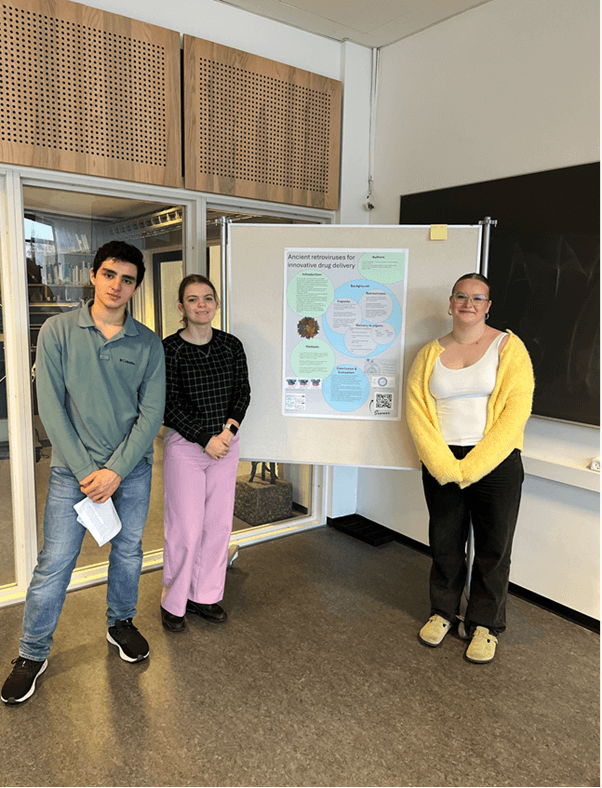
News about DNA, genes and proteins
Viser 49 til 72 af 198 dokumenter.


Newly discovered mechanism in the cell’s energy factory can lead to new treatment of muscle disorders
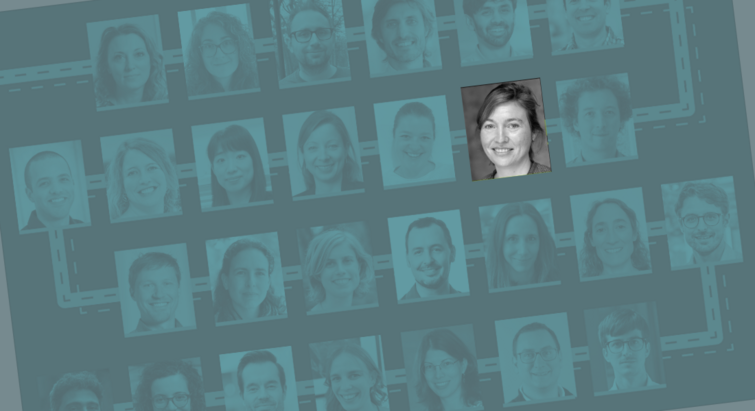
Eva Kummer Selected for Prestigious International Programme

Playing football with your friends can lead to a healthy old age

New publication on the ribotoxic stress response and UV

Price increases from January 1, 2025

New paper on STK19

New paper on Integrator/ARMC5
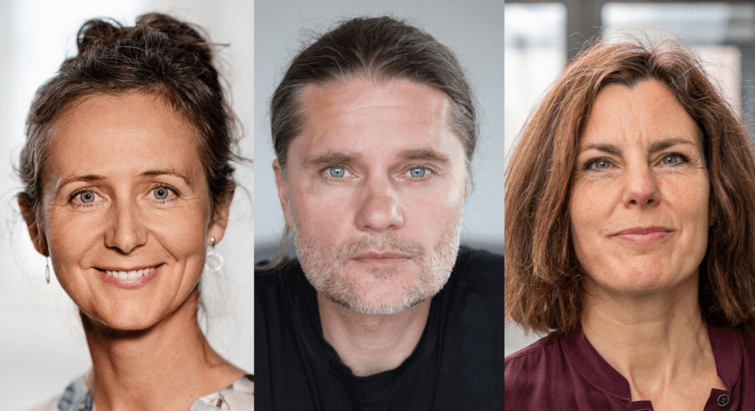
SUND receives DKK 15M for sustainable development research in the Arctic

ERC Synergy Grant to chart Northern integration in medieval intellectual culture

ERC Synergy Grant to chart Northern integration in medieval intellectual culture
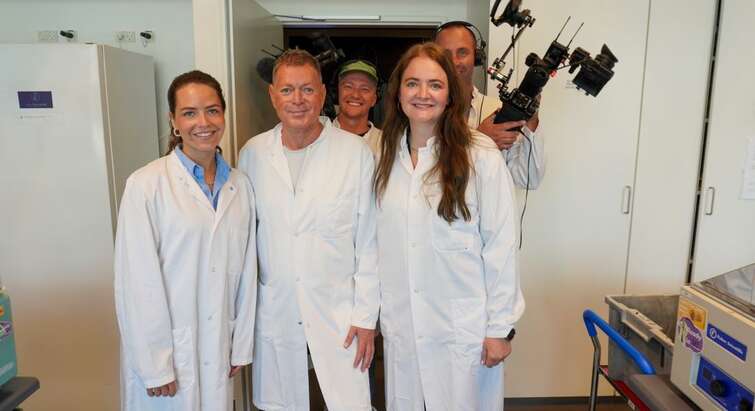
BRIC researcher participates in prime-time TV-show to explain how fundamental research can help cancer patients
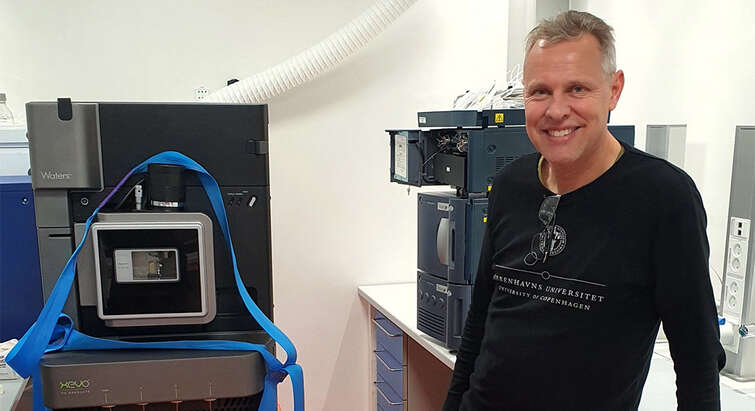
New mass spectrometry imaging equipment is among the world's most sensitive

CGEN at Copenhagen Culture Night 2024
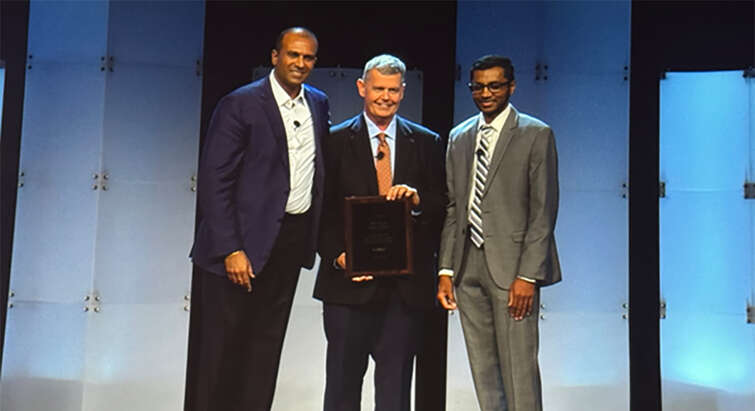
Professor Ben Boyd receives the Dale E. Wurster Research Award

CCS at Copenhagen Culture Night 2024
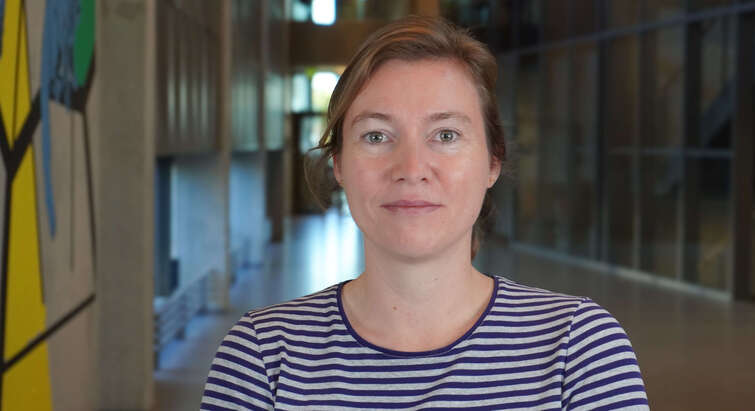
New research group brings structural biology knowledge to BRIC

The Vikings were part of a global network trading in ivory from Greenland

The Vikings were part of a global network trading in ivory from Greenland
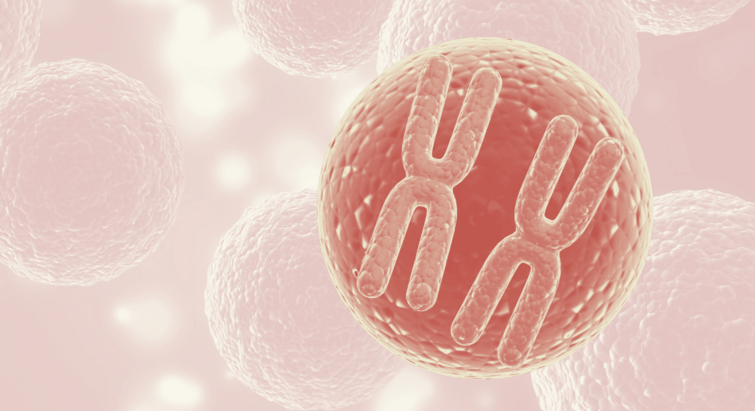
Now we know why children with Down’s syndrome have higher risk of Leukemia

New DNA Evidence Reveals How Early European Farmers Shaped Forest Ecosystems
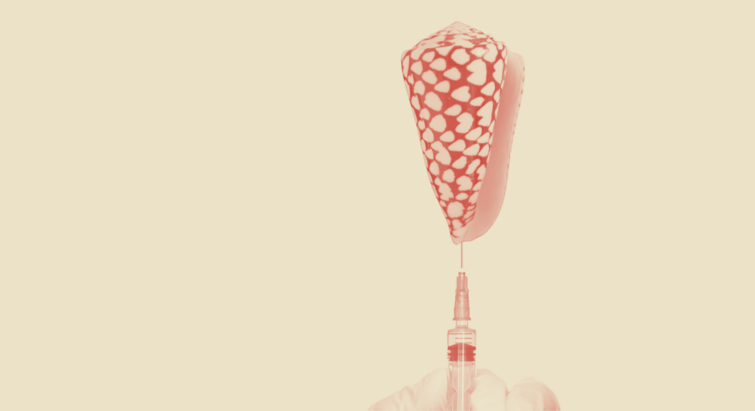
Cone snail venom may improve treatment for hormonal disorders
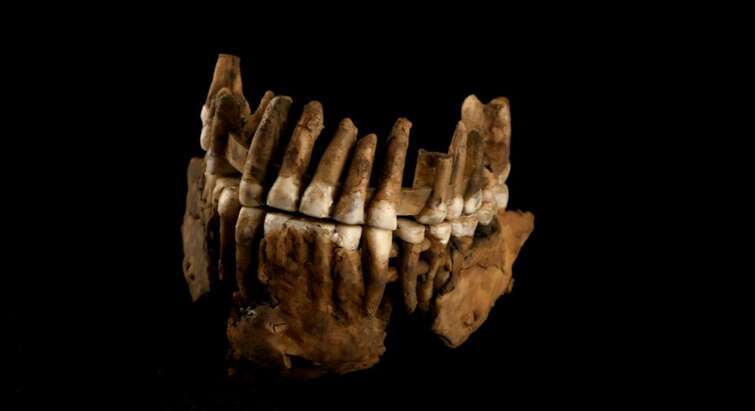
The Neanderthals may have become extinct because of their isolated lifestyle

